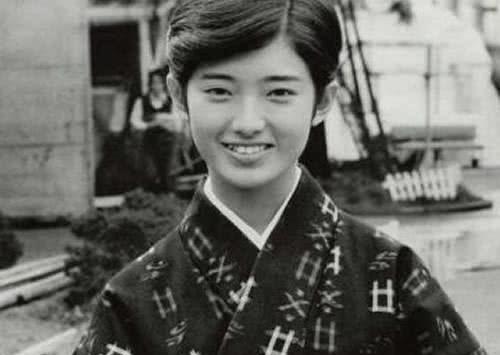After Japan became stronger than us in modern times, it began to gradually develop ambitions for our country's territory. Constantly let the Qing Dynasty cede land to them, and later even directly sent troops to occupy the three northeastern provinces, and since then the War of Resistance Against Japan has broken out. The Japanese, with little resistance, gained the entire area of the northeast.

Even under such circumstances, Japan's ambitions continued to expand under the constant concessions of the Nationalist government at that time. It eventually evolved into an all-out invasion of China, and even put forward the idea of ending the war in three months. After that, it was the most difficult time for the whole nation to resist Japan. Throughout the War of Resistance Against Japan, Tohoku was the first area occupied by Japan.
The Japanese have been constantly developing this area, and millions of people have emigrated to the northeast. These Japanese immigrants who came to the northeast had two main tasks, one was to develop the resources here, and the other was that many of them were armed pioneers, both soldiers and farmers. After coming to the northeast, these people wantonly snatched a large amount of land from the hands of Chinese who originally lived here to cultivate it.
Later, Japan's ambitions expanded even more, even to challenge a world power such as the United States. Of course, as a result, we all know that after the United States entered the war, the balance of world power changed dramatically, and the Allies not only won many victories in Europe. In the Pacific, the United States also wiped out many japanese fleets.
Finally, even the Japanese mainland was bombed by the U.S. military every day, and Tokyo had been bombed to the point where there was no value in bombing again. At that time, many pilots thought that it was a waste to continue to drop bombs on Tokyo, after all, there was nothing on the ground to blow up. Even so, the Japanese did not surrender, and finally under the threat of the atomic bomb, they announced their surrender.
However, after the surrender of Japan, some of these Japanese in China were repatriated. After all, we think that it is a dangerous presence for some of these people to remain on our soil. After all, after the war, many Japanese people also launched riots. In addition, these people came here as militiamen, so many Japanese men were sent back. But some of these women were rejected by Japan when they were sent back.
In fact, there is no way for Japan to do this, after all, after these people returned to Japan, many of them had no families. So it needs to be taken care of by the government, but after the war, Japan's resources are scarce, and many people can't even eat enough, so these people must have no place and food to settle them when they come back.
At the same time, Japan's most damaged population is the male population, so many men have returned, while some women have stayed in China. Many of them have settled in China. Mo Yan's "Little Aunt Tatsuru" was written based on these people's affairs, and later in the 1970s and 1980s, after the establishment of diplomatic relations between China and Japan, some Japanese women returned to Japan. One of Jackie Chan's films is based on the history of this period.